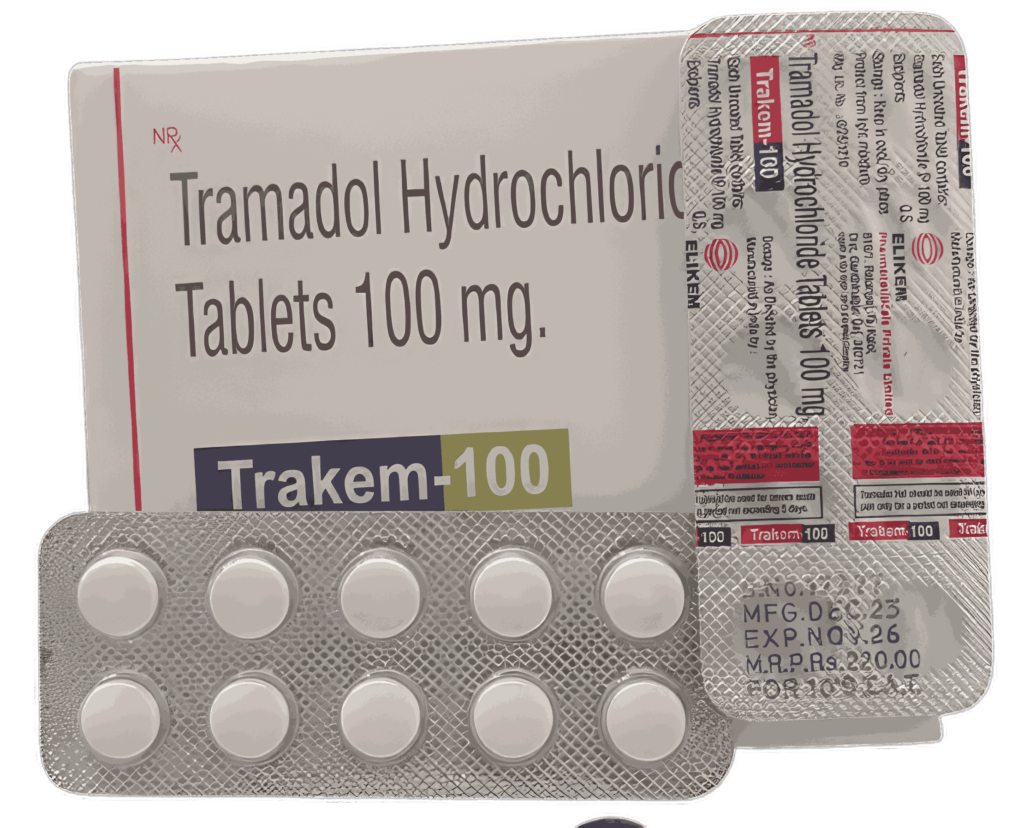Medicare vs. Medicaid Eligibility: Understanding the Key Differences
Navigating the complexities of healthcare in the United States can be daunting, especially when trying to understand the differences between Medicare and Medicaid. Many Americans struggle to grasp the nuances of Medicare vs. Medicaid eligibility, leading to confusion and missed opportunities for vital healthcare coverage. This comprehensive guide will break down the key distinctions, ensuring you can make informed decisions about your healthcare future.
Understanding the Core Differences: Medicare vs. Medicaid Eligibility
Medicare and Medicaid are both government-funded healthcare programs in the US, but they serve distinct populations and have different eligibility criteria. Medicare primarily covers individuals aged 65 and older and certain younger people with disabilities, while Medicaid assists low-income individuals and families. The key difference lies in the *basis of eligibility*: age and disability for Medicare, and financial need for Medicaid.
Who Qualifies for Medicare?
Medicare eligibility primarily depends on age and/or disability status. Generally, you qualify if you are 65 or older and have worked long enough to be eligible for Social Security retirement benefits. Younger individuals with certain disabilities or end-stage renal disease (ESRD) also qualify. Medicare doesn’t consider income levels in its eligibility criteria. More information can be found on the official Medicare website: https://www.medicare.gov/eligibility
Who Qualifies for Medicaid?
Medicaid eligibility is determined by income and assets. To qualify, you must be a U.S. citizen or legal immigrant meeting specific residency requirements, and your income and assets must fall below certain thresholds, which vary by state. Medicaid also covers children, pregnant women, seniors, and people with disabilities, depending on each state’s specific eligibility criteria. For detailed state-specific information, you can consult the Centers for Medicare & Medicaid Services (CMS) website: https://www.medicaid.gov/
Real-Life Scenarios: Navigating Medicare vs. Medicaid Eligibility
Let’s consider two examples: Maria, a 67-year-old retired teacher, automatically qualifies for Medicare because of her age. However, her neighbor, John, a 50-year-old with a disability and low income, qualifies for Medicaid based on his financial need and disability status. This highlights the fundamental difference in eligibility requirements.
Strategies for Determining Your Eligibility
To determine your eligibility for either program, it’s best to begin by gathering necessary documents such as your Social Security number, proof of income, and proof of residency. You should then apply through the appropriate channels: Social Security Administration (SSA) for Medicare and your state’s Medicaid agency.
- Gather necessary documentation: Social Security card, proof of income, etc.
- Contact the Social Security Administration (SSA) for Medicare: They can guide you through the application process and help determine your eligibility.
- Contact your state’s Medicaid agency: Each state has its own application process and eligibility guidelines.
Debunking Common Myths about Medicare vs. Medicaid Eligibility
Several myths surround these programs, such as: “Medicaid is only for welfare recipients” or “Medicare covers all medical expenses.” The reality is more nuanced. Understanding the specific eligibility criteria and limitations of each program is key to making informed decisions.
- Myth: Medicaid is only for welfare recipients. Reality: Medicaid serves a broader population including children, pregnant women, seniors, and people with disabilities, irrespective of their welfare status.
- Myth: Medicare covers all medical expenses. Reality: Medicare has co-pays, deductibles, and limitations on coverage.
Moving Forward: Choosing the Right Healthcare Coverage
Choosing the right healthcare coverage is a critical step in securing your health and wellbeing. Understanding the differences between Medicare and Medicaid eligibility is crucial. By gathering the necessary information, applying appropriately, and seeking clarification when needed, you can navigate these programs successfully and access the healthcare you deserve. Don’t hesitate to reach out to the SSA or your state’s Medicaid agency for assistance. Your health is an investment worth protecting.





